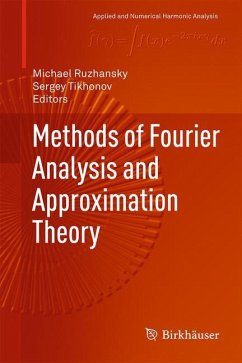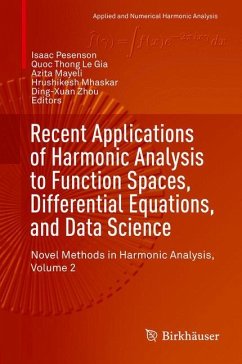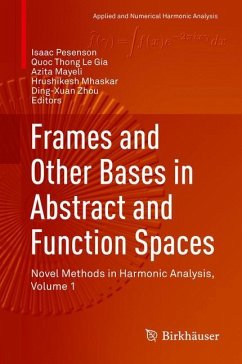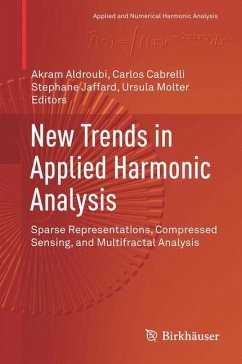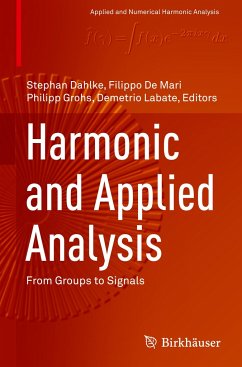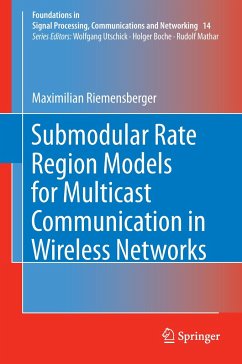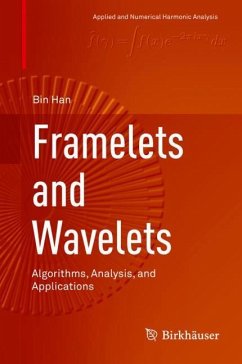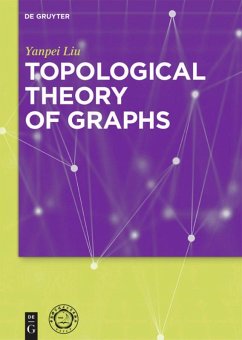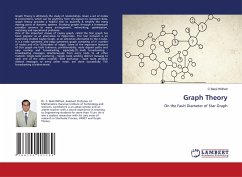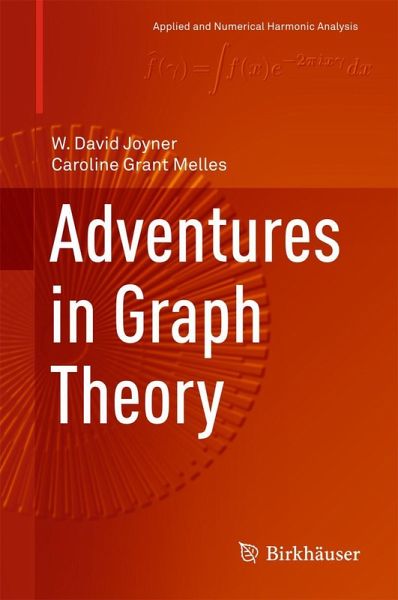
Adventures in Graph Theory
Versandkostenfrei!
Versandfertig in 6-10 Tagen
76,99 €
inkl. MwSt.
Weitere Ausgaben:

PAYBACK Punkte
38 °P sammeln!
This textbook acts as a pathway to higher mathematics by seeking and illuminating the connections between graph theory and diverse fields of mathematics, such as calculus on manifolds, group theory, algebraic curves, Fourier analysis, cryptography and other areas of combinatorics. An overview of graph theory definitions and polynomial invariants for graphs prepares the reader for the subsequent dive into the applications of graph theory. To pique the reader's interest in areas of possible exploration, recent results in mathematics appear throughout the book, accompanied with examples of relate...
This textbook acts as a pathway to higher mathematics by seeking and illuminating the connections between graph theory and diverse fields of mathematics, such as calculus on manifolds, group theory, algebraic curves, Fourier analysis, cryptography and other areas of combinatorics. An overview of graph theory definitions and polynomial invariants for graphs prepares the reader for the subsequent dive into the applications of graph theory. To pique the reader's interest in areas of possible exploration, recent results in mathematics appear throughout the book, accompanied with examples of related graphs, how they arise, and what their valuable uses are. The consequences of graph theory covered by the authors are complicated and far-reaching, so topics are always exhibited in a user-friendly manner with copious graphs, exercises, and Sage code for the computation of equations. Samples of the book's source code can be found at github.com/springer-math/adventures-in-graph-theory.
The text is geared towards advanced undergraduate and graduate students and is particularly useful for those trying to decide what type of problem to tackle for their dissertation. This book can also serve as a reference for anyone interested in exploring how they can apply graph theory to other parts of mathematics.
The text is geared towards advanced undergraduate and graduate students and is particularly useful for those trying to decide what type of problem to tackle for their dissertation. This book can also serve as a reference for anyone interested in exploring how they can apply graph theory to other parts of mathematics.



